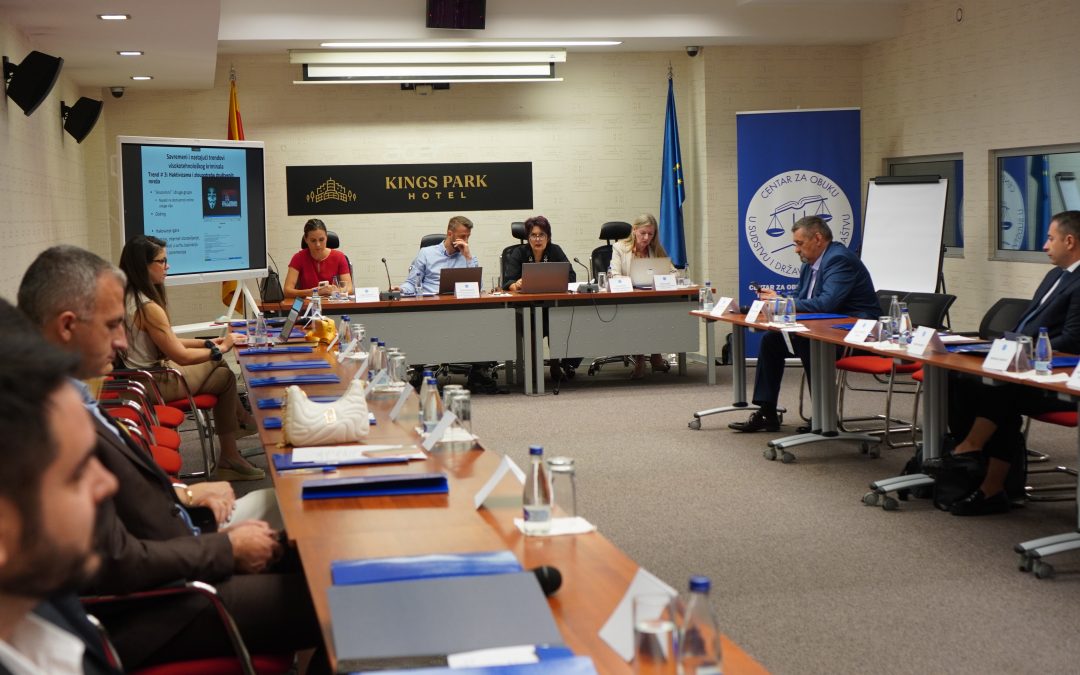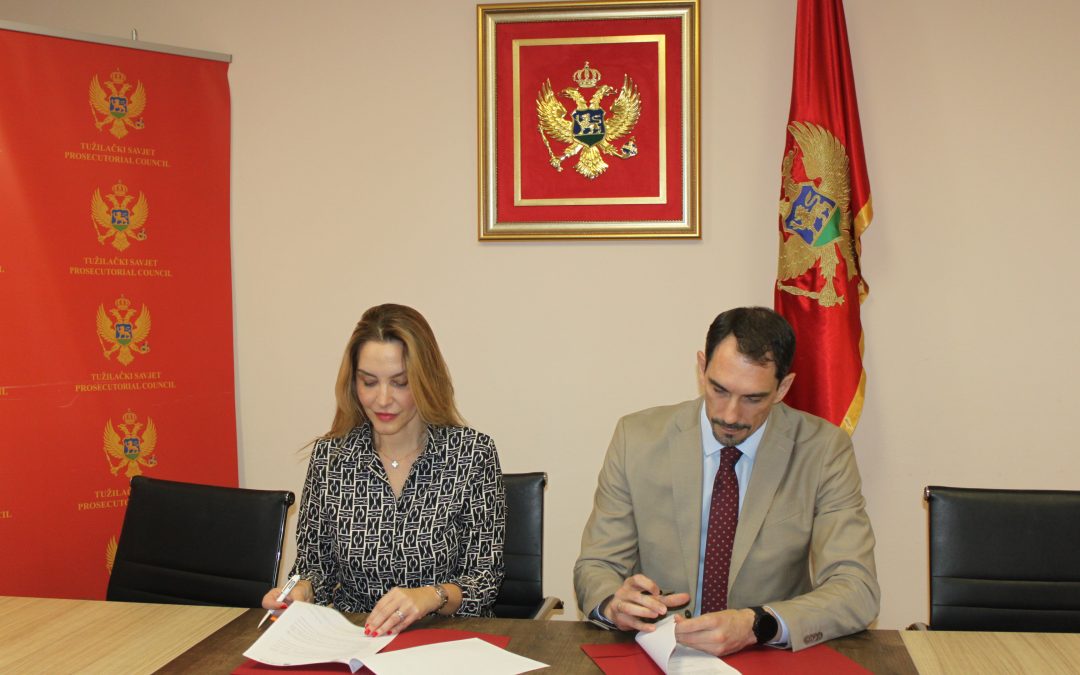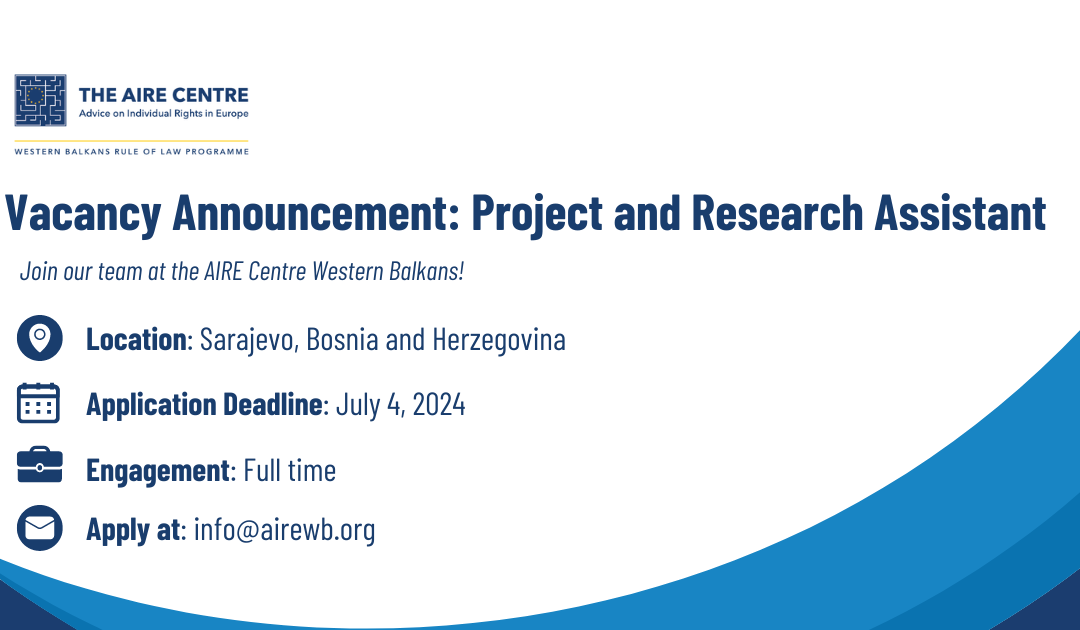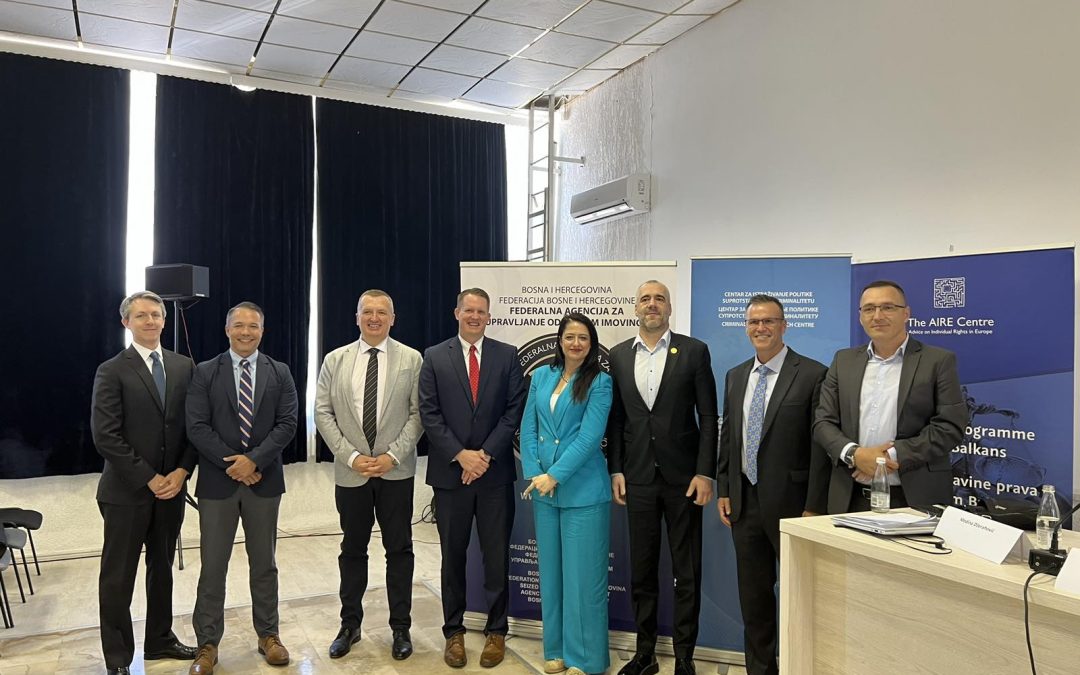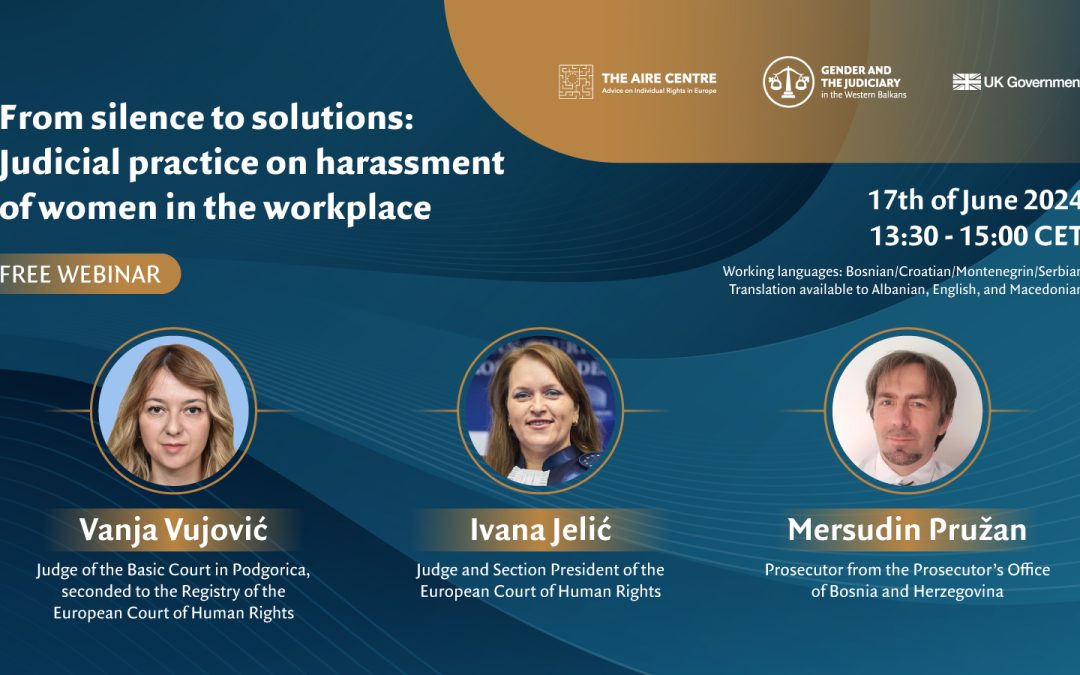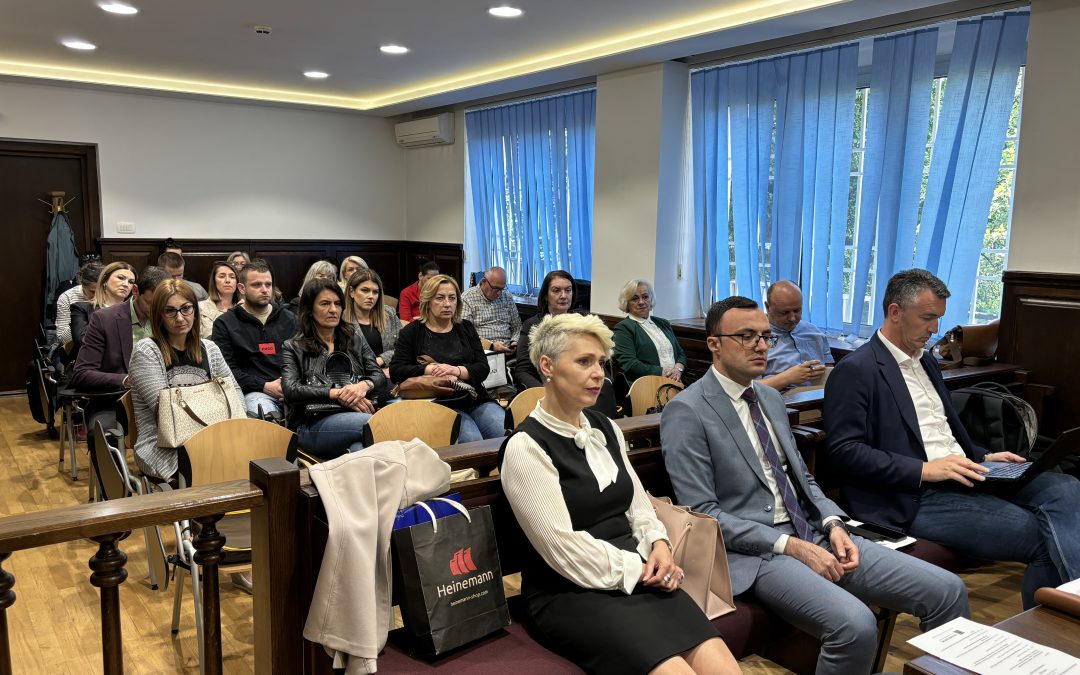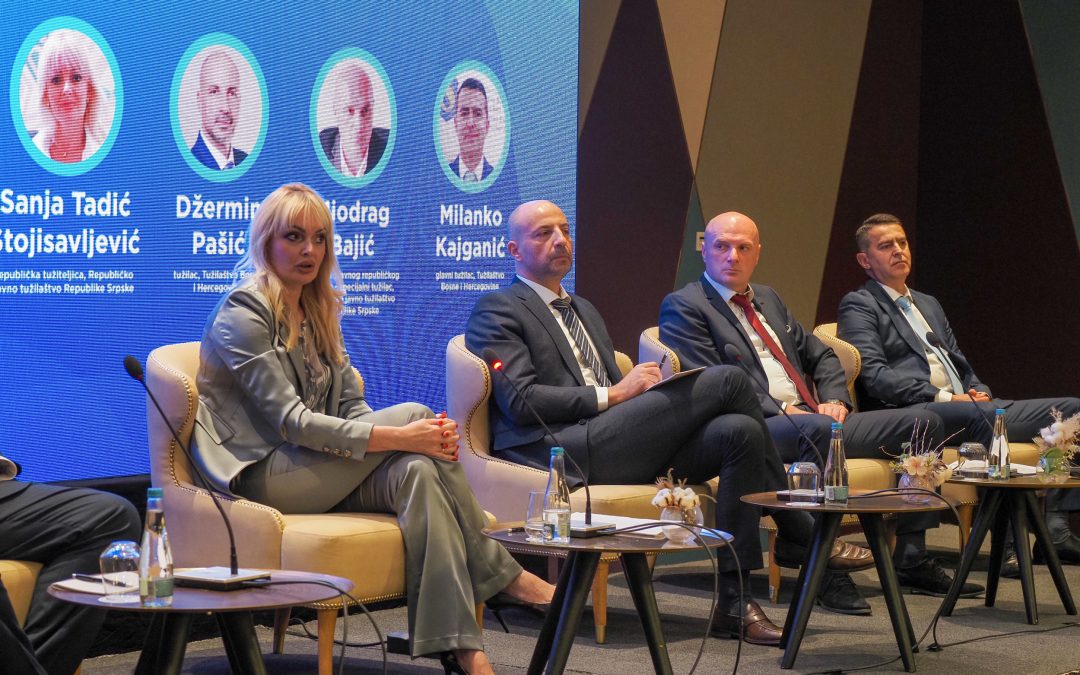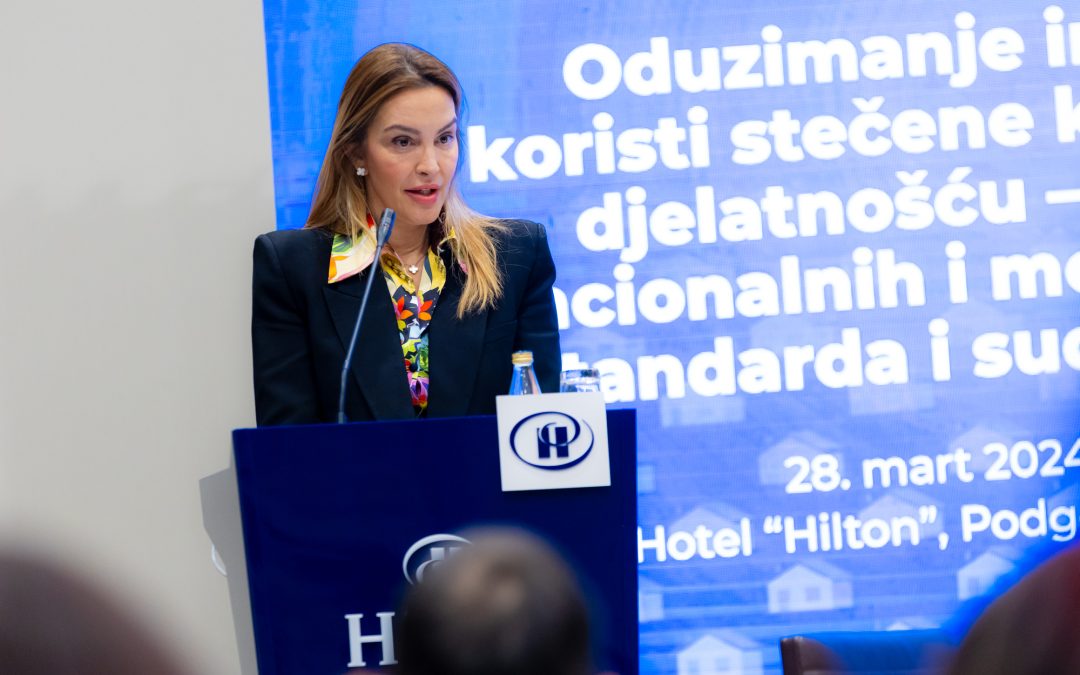Appalled by the murders in Gradačac in Bosnia and Herzegovina, the AIRE Centre expresses its condolences to the families and friends of the victims of this crime. The news of the murders shook the entire Western Balkan region, and the frequency of these crimes reminds us that this is a problem for all of us. That is why we repeatedly request the authorities to respond in order to punish such crimes and prevent them from occurring in the future.
Our research shows that most often the perpetrators of femicide have been the partners of the murdered women, as was the case in Gradačac. These data clearly indicate the need to improve legal protection mechanisms for everyone, especially women, against gender-based and other forms of violence.
Precisely in order to strengthen the judiciary to address gender-based violence, as well as all forms of gender inequality, the AIRE Centre founded the Network of male and female judges dedicated to strengthening gender equality in the Western Balkans. The crimes in Gradačac, like every new news about gender-based violence, reminds us of the importance of our mission, and the responsibility we have in our work – to investigate and educate, and make all our expertise available to both the judiciary and all other involved institutions and organisations, including the wider community.
Ms. Valerija Galić, member of the Network of Judges Dedicated to Strengthening Gender Equality in the Western Balkans and President of the Constitutional Court of Bosnia and Herzegovina said that the case of femicide in Gradačac, the brutal beating of an employee of the hotel “Jablanica” by the hotel owner, indicates that the situation in Bosnia and Herzegovina in terms of femicide and gender-based violence is alarming and as such requires due attention and an immediate reaction of all competent institutions. International documents that apply in Bosnia and Herzegovina, the UN Convention on the Elimination of All Forms of Discrimination against Women, which is an integral part of Annex I of the Constitution of Bosnia and Herzegovina, and especially the Council of Europe Convention on the Prevention and Combating of Violence against Women and Domestic Violence (Istanbul Convention ratified by the BiH Parliamentary Assembly in 2013), oblige Bosnia and Herzegovina to take legislative and other measures to ensure a legal, institutional and organisational framework for the prevention of violence against women, the protection of victims of violence, and the punishment of perpetrators of violence. Although a legal framework has been established in Bosnia and Herzegovina, it is not sufficient because it is necessary for the implementation of the law to be as efficient as possible and to establish strong protection mechanisms with the aim of preventing gender-based violence, prosecuting cases of gender-based violence, implementing protective measures and introducing an appropriate penal policy.
That process is a long-term process, and it requires a lot of effort and perseverance. The progress can be achieved periodically and in stages. More work, exchange of experience, judicial case-laws, and other tools and mechanisms are needed in order to put an end to such phenomena. However, the courts, prosecutor’s offices, and police authorities must make efforts, and they must do so daily, to improve their work and recognize early signs of risks of violence. Most often, victims turn to them for help first, which is why the role of the judiciary must not be understood as primarily corrective, but also as preventive. The Gradačac case is a reminder to decision makers that the issue of gender-based violence, i.e. its prevention, must be seriously addressed at every level and sector of government, which is why the improvement of inter-institutional cooperation is of vital importance.
Because of the complexity of this problem, the response to femicide and other forms of gender-based violence must not be taken lightly. Most often, there are deeply rooted problems of economic, political and general gender-based inequality in society behind these crimes. It is the responsibility of all of us to review our own attitudes and standards that we accept and advocate for when it comes to gender equality, violence around us, discrimination, and how long we are willing to remain silent about it ― and the situation cannot change unless crimes and injustice are called by their real name.

